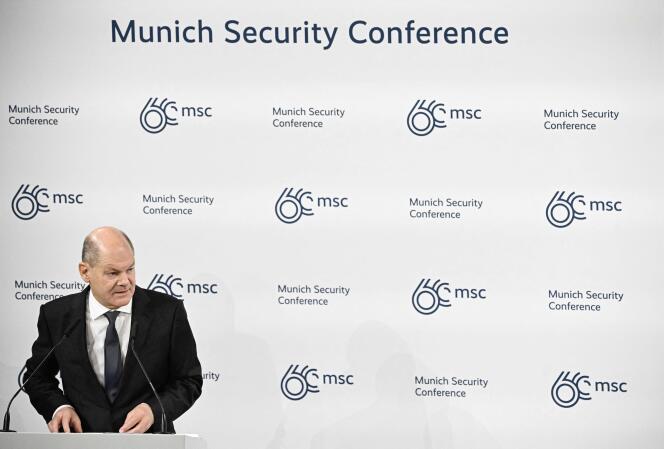


Was it the tragic death of Alexei Navalny? The withdrawal of Ukrainian forces from the small town of Avdiivka in the face of Russian invaders, just a few days before the invasion's second anniversary? Ukrainian leaders' cries for help over the ammunition shortage? Or the backlash against Donald Trump's doubts about the strength of the North Atlantic Treaty Organization (NATO)? Perhaps it was all of the above. Nevertheless, a strong sense of urgency regarding the need to defend Europe gripped participants at the 60th Munich Security Conference, which took place from Friday, February 16 to Sunday, February 18.
On Saturday morning, Ukrainian President Volodymyr Zelensky sounded the alarm, expressing his conviction that "Putin can lose," but only if the West speeds up and intensifies its deliveries of military equipment. "Keeping Ukraine in the artificial deficit of weapons, particularly in deficit of artillery and long-range capabilities, allows Putin to adapt to the current intensity of the war," said Zelensky before challenging his audience with a sentence that earned him thunderous applause: "Do not ask Ukraine when the war will end. Ask yourself why Putin is still able to continue it."
Already the day before, a heightened sense of gravity could be felt in Berlin and Paris, where the Ukrainian president had traveled to sign bilateral security agreements with Germany and France. In these two European capitals, the goal was not just to help Ukraine but also to better protect Europe. This discourse has been prevalent for the past two years among Ukraine's European neighbors, like Poland and the Baltic States, but leaders in Western Europe have been less engaged until now.
In Paris on Friday evening, Emmanuel Macron had much harsher words to say about the Russian threat: "Two years ago, the Kremlin regime attacked Ukraine, a European country. It has intensified and hardened its aggression against our country in terms of disinformation and cyberattacks. (...) Vladimir Putin's Russia has become a systematic actor of destabilization in the world," worried the French president, for whom "there is a clear need for Europe, and more broadly our allies, our partners and the international community, to spring into action."
In Munich, Olaf Scholz, who devoted his entire speech to the war in Ukraine, delivered the same message on Saturday morning. "The threat from Russia is real. That is why our deterrence and defense capabilities have to be credible and remain credible," said the German chancellor. "Putin and the military in Moscow must understand that we, the strongest military alliance in the world, are capable of defending every square meter of our alliance's territory. To do this, it is important that we continue to strengthen NATO's European pillar, including in the area of deterrence."
You have 60% of this article left to read. The rest is for subscribers only.
